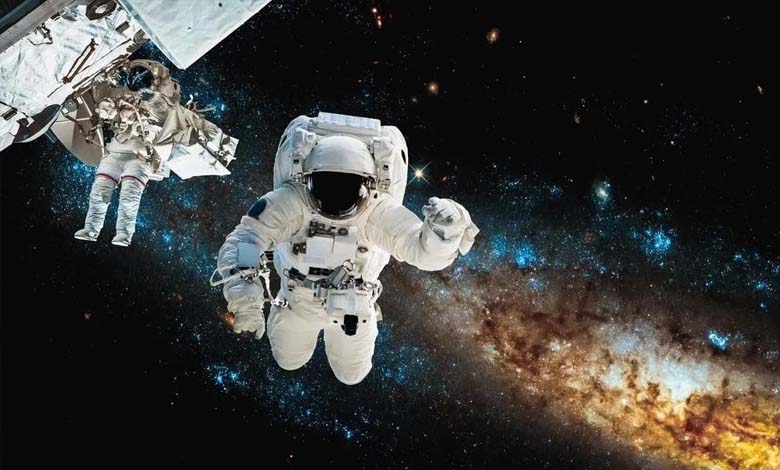New Study Reveals Shocking Information about Space Travel

An ongoing study by NASA has revealed that space travel accelerates aging.
In its research on the effects of living in space on astronauts’ health, NASA explained that living in space can increase inflammation, cause genetic instability, and result in mitochondrial dysfunction, which accelerates aging, according to Scientific Reports.
-
“In Search of Life”… NASA to Launch Spacecraft to One of Jupiter’s Moons
-
New Surprise from “SpaceX”: 5 Vehicles to Mars
The U.S. space agency stated: “Space travel has caused noticeable changes in gene expression patterns associated with frailty and muscle loss, indicating a frailty-like condition.”
It added: “Exposure to the space environment induces changes related to inflammation, muscle wasting, and other age-related traits observed in both mice and humans.”
The study follows claims that Sunita Williams, commander of the International Space Station, had lost weight to an unhealthy degree, according to the American magazine Newsweek.
-
A historic step… Success of the first spacewalk
-
Due to Space Debris… An American Family Demands $80,000 from NASA
In a recent interview, Williams stated that she had returned to her pre-space weight since arriving in June, addressing recent concerns from doctors.
Responding to a question from New England on November 12, Williams said: “I think there are some rumors about my weight loss. My weight is the same as when I arrived here.”
She noted that she is gaining muscle mass thanks to weightlifting exercises, which are part of the fitness regimen astronauts follow while aboard the International Space Station.
-
Engineers Sue “SpaceX” and Elon Musk
-
Historical Achievement… Japanese Spacecraft “SLIM” Survives Lunar Night
However, the new research confirms that space travel leads to “gene expression responses to DNA damage, immune activation, mitochondrial dysfunction, weakness, muscle atrophy, accelerated health risks in multiple organs, and telomere regulation.”
In the absence of gravity, muscles do not need to exert much effort to support the body, leading to gradual weakness over time.
Additionally, bones lose density, increasing the risk of fractures, the study found.
-
An American spacecraft enters lunar orbit and prepares for landing
-
Mysterious Signals Discovered in Deep Space… Releasing Tremendous Energy
Astronauts perform daily exercises to counter these effects, but full recovery can take a long time upon their return to Earth.
Newsweek also quoted the founder and CEO of the bone health clinic OsteoStrong, who said: “Astronauts experience bone loss at an alarming rate, about 12 times faster than in severe osteoporosis cases on Earth.”
He explained: “This rapid deterioration occurs because bones no longer bear the constant load of gravity in space. As a result, their density and strength diminish quickly.”












